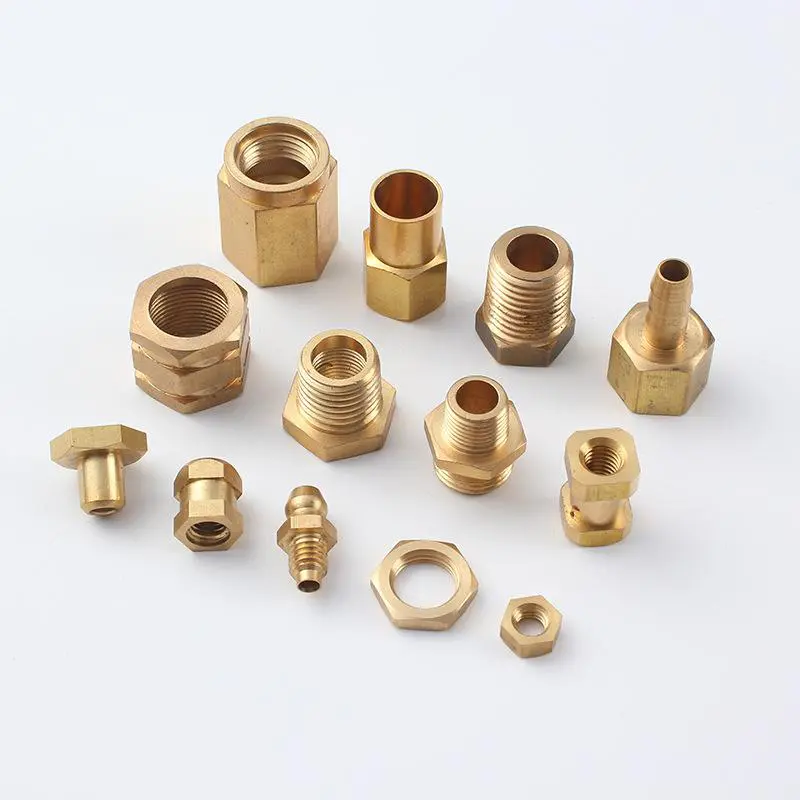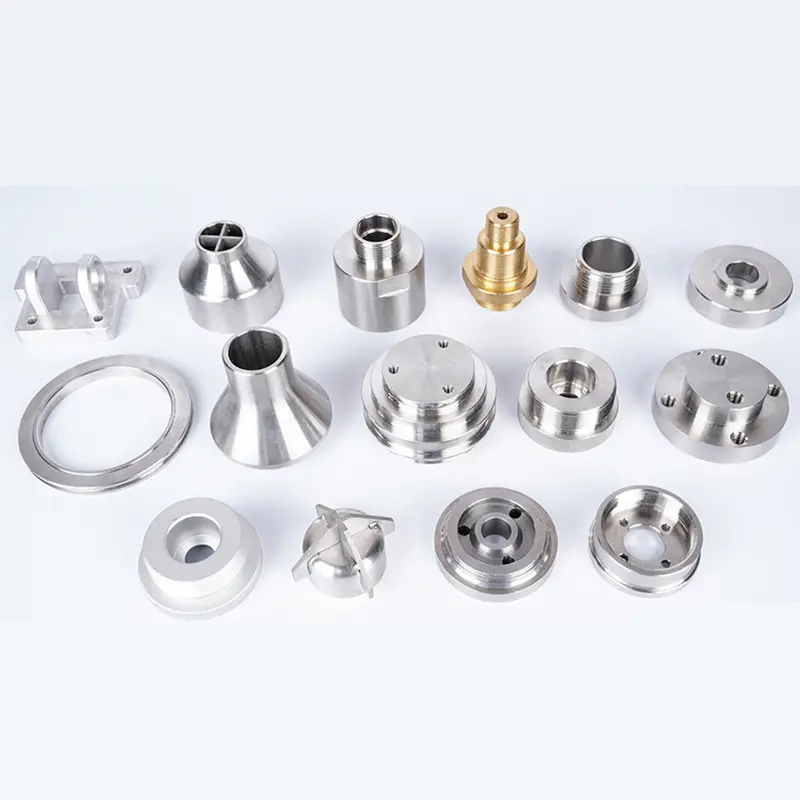How to Choose the Right CNC Swiss Aluminum Machined Parts for Your Project
Published Time:
2025-09-12
How to Choose the Right CNC Swiss Aluminum Machined Parts for Your Project
Table of Contents
- Understanding CNC Swiss Machining
- Benefits of Aluminum in CNC Machining
- Key Factors to Consider When Choosing Parts
- Different Types of Aluminum Alloys
- The Role of Tolerances and Finishes
- Supplier Qualifications and Certifications
- Cost Considerations in CNC Machining
- Frequently Asked Questions
- Conclusion
Understanding CNC Swiss Machining
CNC Swiss machining is a highly precise manufacturing technique that utilizes Computer Numerical Control (CNC) technology to create complex components from a bar of material. This method is particularly effective for producing small, intricate parts with tight tolerances. Swiss lathes work by feeding a rotating bar of material through a series of cutting tools, which shape the part into its desired form. The distinct advantage of this technique lies in its ability to maintain high accuracy while also achieving excellent surface finishes, making it a popular choice for industries requiring precision components.
Benefits of Aluminum in CNC Machining
When selecting materials for CNC machining, aluminum emerges as a top choice due to its numerous advantages. Here are some key benefits:
Lightweight Yet Strong
Aluminum offers an impressive strength-to-weight ratio, making it ideal for applications where reducing weight is crucial without sacrificing structural integrity.
Corrosion Resistance
Aluminum possesses inherent corrosion resistance, which makes it suitable for components exposed to harsh environments or moisture.
Machinability
Aluminum is known for its excellent machinability. It can be cut and shaped with high efficiency, reducing production time and costs.
Thermal and Electrical Conductivity
Aluminum's excellent thermal and electrical conductivity makes it ideal for applications in electronics and heat exchange systems.
Key Factors to Consider When Choosing Parts
When it comes to selecting CNC Swiss aluminum machined parts for your project, several critical factors must be taken into account.
1. Application Requirements
Understanding the specific needs of your application is fundamental. Consider aspects such as load-bearing capacity, environmental conditions, and any industry-specific regulations.
2. Tolerances and Specifications
Tighter tolerances often equate to higher manufacturing costs. Therefore, it is crucial to clearly define the tolerances required for your parts based on functionality and performance.
3. Quantity and Production Volume
The volume of parts needed can significantly impact the choice of material, machining processes, and overall costs. High production volumes may favor different processes than low-run projects.
4. Lead Times
Assess the lead times associated with the manufacturing process. If your project has a tight deadline, ensure your supplier can meet those timelines without compromising quality.
5. Cost Constraints
Budgetary considerations will guide many of your choices. Balancing cost with quality and performance is essential to successful project outcomes.
Different Types of Aluminum Alloys
Not all aluminum alloys are created equal. Each alloy possesses unique properties that make it suitable for different applications. Here, we outline some common aluminum alloys used in CNC Swiss machining:
1. 6061 Aluminum Alloy
6061 is widely used due to its excellent mechanical properties and corrosion resistance. It is a versatile alloy suitable for a range of applications, including structural components and frames.
2. 7075 Aluminum Alloy
Known for its high strength, 7075 is often used in aerospace applications. It has lower workability than 6061 but offers superior strength-to-weight ratios.
3. 2024 Aluminum Alloy
2024 is another high-strength alloy often used in aircraft and military applications. It offers excellent fatigue resistance and machinability.
4. 5052 Aluminum Alloy
5052 is well-suited for marine applications due to its excellent corrosion resistance. It is also known for its good weldability and formability.
The Role of Tolerances and Finishes
Achieving the right tolerances and finishes is crucial for the successful performance of CNC machined parts.
Understanding Tolerances
Tolerances define the allowable variations in dimensions and are critical in ensuring components fit and function correctly. For precision applications, it is vital to specify tolerances clearly to avoid costly reworks or failures.
Selecting the Right Finish
The surface finish of machined parts can impact not only aesthetics but also functionality. Consider finishes such as anodizing, powder coating, or polishing based on the intended use of the part. For instance, anodizing can provide additional corrosion resistance, while polishing might enhance appearance and reduce friction.
Supplier Qualifications and Certifications
Choosing the right supplier for your CNC Swiss aluminum machined parts is as important as selecting the components themselves.
Supplier Experience
Evaluate the supplier's experience in machining aluminum parts, particularly in your specific industry. Experienced suppliers are more likely to understand the nuances of your requirements.
Certifications and Quality Standards
Check for relevant certifications, such as ISO 9001 or AS9100, which indicate that the supplier adheres to high-quality standards. These certifications can provide peace of mind regarding the quality and reliability of the parts produced.
Customer Reviews and Case Studies
Look for case studies or customer testimonials to gauge a supplier’s reputation. Positive feedback from other clients can signal a supplier's ability to meet quality and delivery expectations.
Cost Considerations in CNC Machining
Understanding the cost factors involved in CNC machining will aid in making informed decisions.
Material Costs
The type of aluminum alloy selected will significantly influence the overall cost. Rare or high-performance alloys may come at a premium.
Machining Complexity
The complexity of the part design often correlates with the machining time required. More intricate designs typically lead to higher costs due to increased labor and longer production times.
Final Cost Analysis
When calculating the total cost, consider not just the machining fees but also the costs associated with material procurement, finishing processes, and any post-machining modifications.
Frequently Asked Questions
1. What are CNC Swiss aluminum machined parts used for?
CNC Swiss aluminum machined parts are used in various applications, including aerospace, automotive, medical devices, and consumer electronics, due to their precision and lightweight properties.
2. How do I determine the right aluminum alloy for my project?
Selecting the right aluminum alloy depends on factors like strength requirements, environmental conditions, and specific application needs. Consult with material specialists if necessary.
3. What is the typical lead time for CNC Swiss machining projects?
Lead times vary based on complexity and volume but generally range from a few days to several weeks. It's best to confirm with the supplier for accurate timelines.
4. Are there minimum order quantities for CNC machined parts?
Many suppliers have minimum order quantities, especially for custom parts. Always check with your supplier to understand their policies.
5. Can I request samples before placing a large order?
Yes, many reputable suppliers offer samples or prototypes to ensure quality and fit before committing to larger orders.
Conclusion
Choosing the right CNC Swiss aluminum machined parts for your project requires careful consideration of various factors, including material properties, tolerances, costs, and supplier qualifications. By understanding the advantages of aluminum, the specifics of machining processes, and the importance of selecting the right alloy, you can make informed decisions that lead to successful project outcomes. Take the time to evaluate your needs and consult with experienced suppliers to ensure you achieve the best results for your applications.
NewsCenter
Beijing Pafinal Precision Machinery Co., Ltd.
Email:sales@pafinal.com

Address: No. 239 Huanhe South Road, Tianjin Pilot Free Trade Zone (Airport Economic Zone), Tianjin
中企跨境-全域组件
制作前进入CSS配置样式
sales@pafinal.com:
Whatsapp:
在线客服添加返回顶部
图片alt标题设置: PAFINAL
表单验证提示文本: Content cannot be empty!
循环体没有内容时: Sorry,no matching items were found.
CSS / JS 文件放置地
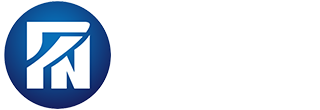
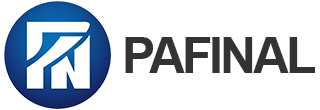

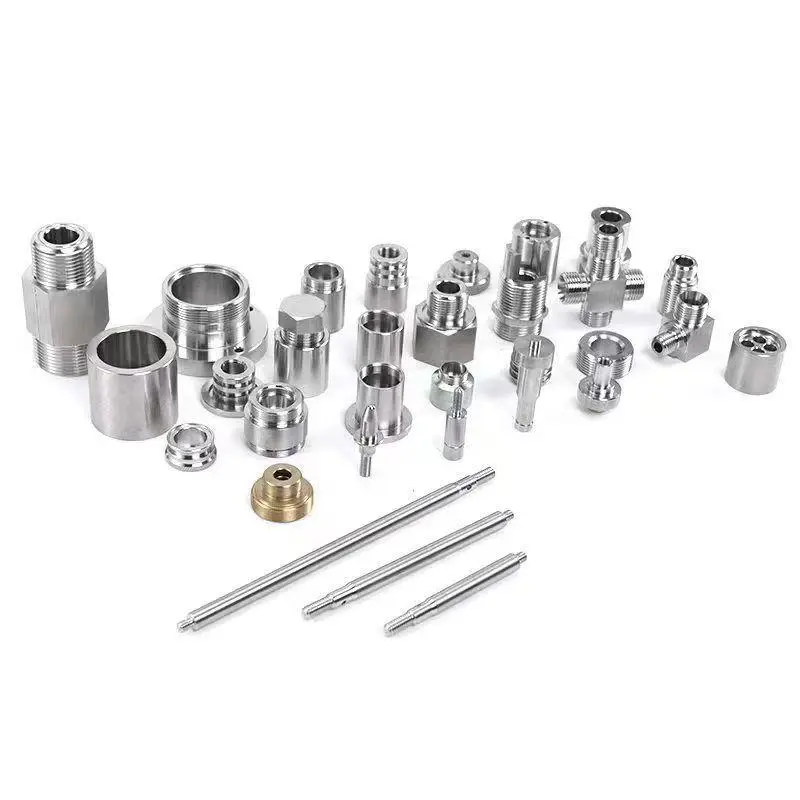
 2025-09-12
2025-09-12
